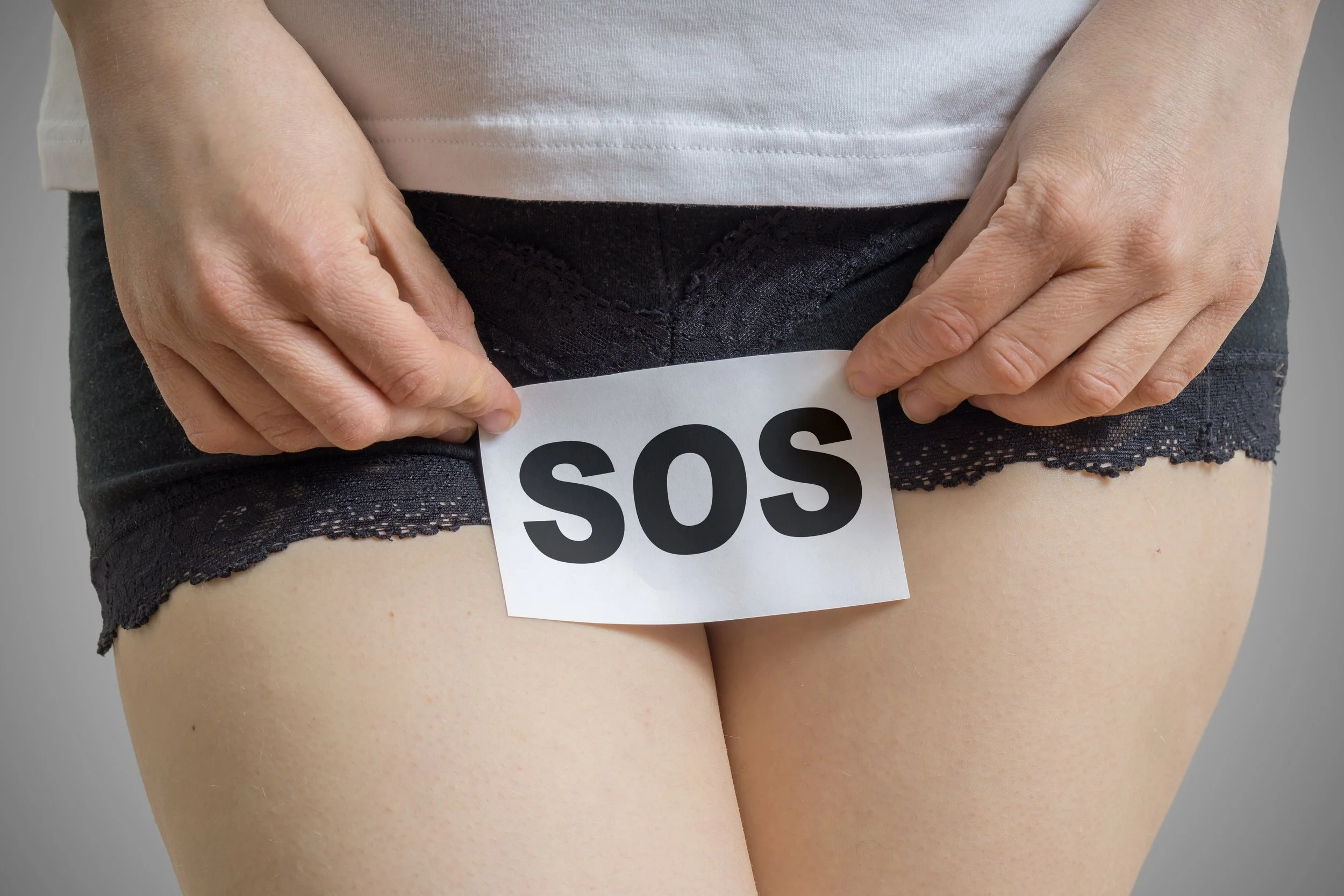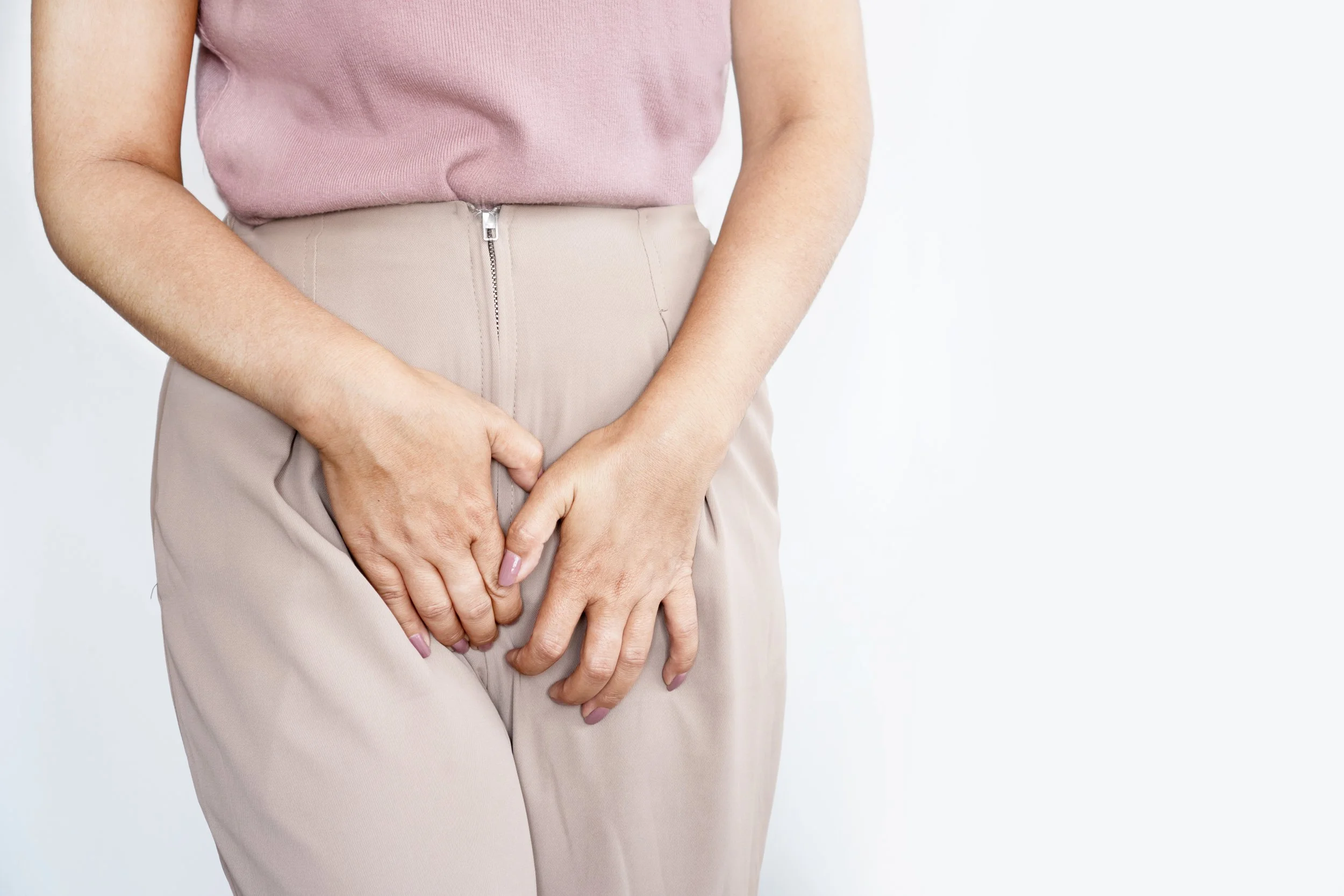The Hidden Struggle of Vaginal Dryness – What Every Woman Over 40 Should Know
Vaginal dryness is a silent yet distressing symptom that affects countless women, particularly during perimenopause and menopause. Despite its significant impact on quality of life, relationships, and self-confidence, it remains an often-overlooked topic. Many women suffer in silence, unsure of why it’s happening or how to find relief.
If you’ve been experiencing discomfort, irritation, or pain during intimacy, you’re not alone. Let’s break the silence and explore why vaginal dryness happens, its effects, and practical ways to restore comfort and confidence.
What Causes Vaginal Dryness?
As women approach menopause, oestrogen levels naturally decline, leading to changes in vaginal tissue. Oestrogen plays a key role in maintaining moisture, elasticity, and a healthy pH balance. When levels drop, the vaginal walls become thinner, drier, and less flexible, increasing discomfort.
Common Causes of Vaginal Dryness:
✔ Hormonal Changes – Declining oestrogen during perimenopause, menopause, or after childbirth.
✔ Certain Medications – Antihistamines, antidepressants, and hormonal treatments can reduce vaginal lubrication.
✔ Stress and Anxiety – Chronic stress can affect hormone balance and blood flow to the vaginal area.
✔ Low Libido or Painful Sex – Discomfort can create a cycle of avoidance, leading to further dryness.
✔ Harsh Soaps or Irritants – Scented products, soaps, and douches can disrupt vaginal pH, worsening symptoms.
How Vaginal Dryness Affects Daily Life
Many women don’t realise how much vaginal dryness can affect their overall well-being, from physical discomfort to emotional stress.
Discomfort in Daily Activities – Walking, exercising, or even sitting for long periods can become irritating.
Painful Intercourse – Dryness can lead to burning, itching, and tearing, making intimacy difficult.
Increased Risk of UTIs – A lack of natural lubrication makes the vagina more prone to irritation and infections.
Emotional Impact – Women may feel less confident, anxious, or even disconnected from their own bodies.
Natural Ways to Relieve Vaginal Dryness
Thankfully, there are safe and effective ways to relieve discomfort and support vaginal health naturally.
1. Hydrate from the Inside Out
Staying well-hydrated helps support natural lubrication. Aim for at least 1.5–2 litres of water daily.
2. Eat Healthy Fats & Phytoestrogens
Include foods rich in omega-3 fatty acids and phytoestrogens, which can help support hormone balance.
Healthy Fats: Avocados, nuts, flaxseeds, olive oil, and fatty fish.
Phytoestrogens: Soy, chickpeas, flaxseeds, and sesame seeds.
3. Use Natural Vaginal Moisturisers & Lubricants
Opt for water-based, fragrance-free lubricants or hyaluronic acid-based vaginal moisturisers to restore hydration.
4. Support Hormone Balance with Lifestyle Changes
Regular exercise, stress management, and a balanced diet can help regulate hormones naturally.
5. Consider Vaginal Oestrogen Therapy
For persistent dryness, low-dose vaginal oestrogen creams, rings, or pessaries can help restore moisture directly where it’s needed. Speak to your doctor about whether this option is right for you.
Breaking the Silence – It’s Time to Talk About Vaginal Dryness
Vaginal dryness is a real, valid concern, and you don’t have to suffer in silence. Whether through lifestyle changes, natural remedies, or medical support, relief is possible.
If you’re struggling with dryness and discomfort, know that you are not alone—and you deserve solutions that help you feel comfortable, confident, and in control of your body.
Want More Expert Tips on Menopause and Women’s Health?
Sign up for my Health Bites for practical, hormone-balancing advice designed for women over 40. Link below.
References
Calleja-Agius, J. and Brincat, M., 2015. The urogenital system and the menopause. Climacteric, 18(1), pp.18-22.
Dennerstein, L., Lehert, P., Dudley, E.C. and Guthrie, J.R., 2001. Factors contributing to self-reported distress associated with vaginal dryness in the menopause. Climacteric, 4(3), pp.187-195.
North American Menopause Society (NAMS), 2020. Management of genitourinary syndrome of menopause in women: 2020 position statement of The North American Menopause Society. Menopause, 27(9), pp.976-992.
Portman, D.J. and Gass, M.L., 2014. Genitourinary syndrome of menopause: New terminology for vulvovaginal atrophy from the International Society for the Study of Women’s Sexual Health and The North American Menopause Society. Menopause, 21(10), pp.1063-1068.
Simpson, R.C., Maddison, J., Horne, A.W. and Saunders, P.T.K., 2021. Menopause and the vaginal microbiome: Implications for genitourinary syndrome of menopause and its management. Maturitas, 150, pp.34-40.







